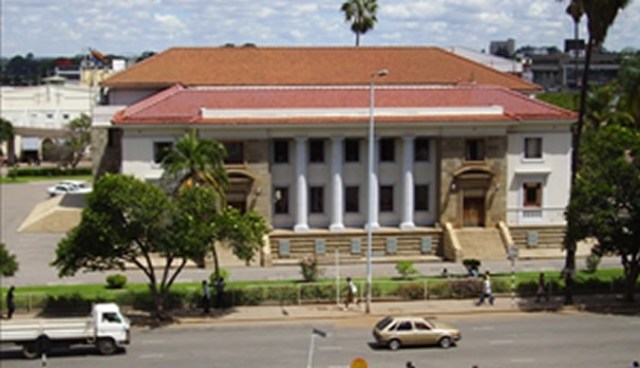Harare City Council pursues debtors amidst mounting financial strain

Background: The City of Harare, Zimbabwe, grapples with a daunting financial crisis exacerbated by unpaid rates. The local authority, burdened by a staggering debt of ZiG940 million (approximately US$70 million), has embarked on an aggressive campaign to recover outstanding dues. The situation has reached a tipping point, compelling the council to take legal action against defaulters.
The Summons Blitz: In a decisive move, Harare City Council has dispatched over 1,000 court summonses to both residents and businesses. Their objective? To reclaim a portion of the colossal debt owed in unpaid rates. These summonses target ratepayers whose overdue balances have exceeded 60 days. Preceding the legal summons, the council issued stern 14-day letters of final demand, urging debtors to settle their accounts promptly.
Between April 15 and 19, the court summonses were hand-delivered, signaling the council’s unwavering commitment to financial recovery. Notably, this is no isolated effort; the council plans to escalate its summons issuance, aiming for no fewer than 2,000 summonses each week. The urgency stems from the crippling impact of mounting debt on essential municipal operations.
Legal Grounds: Harare’s town clerk, Engineer Hosiah Chisango, clarified that this aggressive pursuit aligns with Sections 279 and 281 of the Urban Councils Act. These provisions empower local authorities to initiate legal proceedings for debt recovery. Section 279 explicitly places the primary liability for rates on property owners. When a rate becomes due and payable, the owner is legally obligated to settle it promptly. Failure to comply triggers a written demand, allowing a 14-day grace period for payment.
Eng Chisango emphasized that the council’s approach is methodical. First, they issue letters of final demand, providing ratepayers with a clear notice window. If payment remains elusive within the stipulated 14 days, the council escalates to formal summonses. Importantly, all summonses are meticulously documented and lodged with the civil court as evidence of compliance with legal requirements. Residents are not caught off guard; prior notice ensures transparency.
The Call to Settle Debts: Eng Chisango urged residents and businesses alike to honor their financial obligations promptly. By settling their bills, they contribute to the stability of essential services provided by the council. The relentless pursuit of debtors underscores the severity of the financial crisis and the imperative to safeguard the city’s functioning.
As Harare grapples with this fiscal challenge, the council remains resolute: those who ignore final demands will face legal consequences. Warrants and further executions loom for those who shirk their responsibility to pay. The message is clear—financial accountability is non-negotiable, and the city’s well-being hinges on collective compliance




